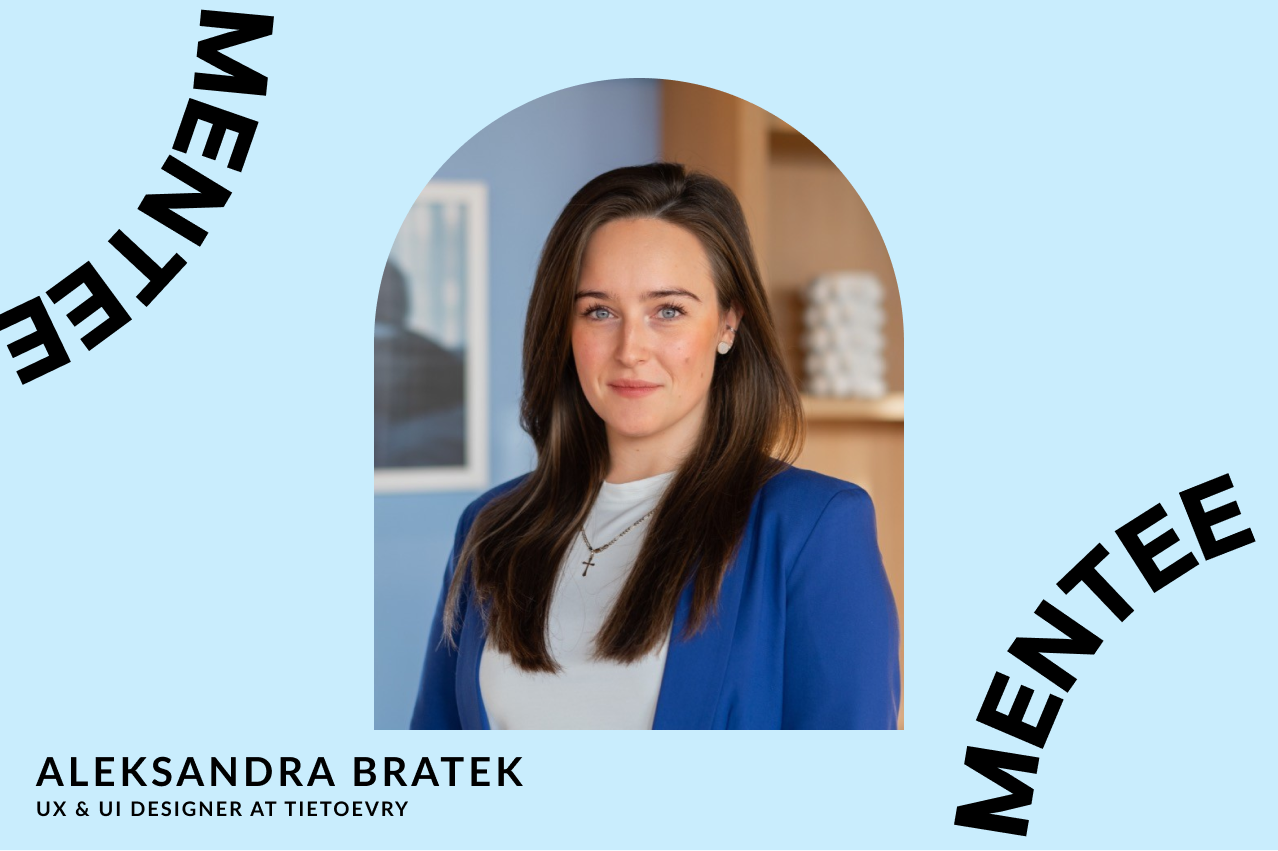
Deloitte’s HR Director Martina Schiestlová and Consulting Director Tereza De Bardi have shared their insights on career-building with us. Which decisions do they consider being game-changing? What are they most proud of? And what are their tips on building a successful career while maintaining our wellbeing?
Ladies, what can you tell us about the beginnings of your career? Did you know right from the start where you were headed?
Martina: My childhood dream was to become a flight attendant - I pictured myself visiting foreign countries, wearing a uniform, always neatly dressed, smiling, and meeting lots of interesting people. This idea was eventually undermined because I started getting airsick, and my childhood dream was suddenly in tatters. During my studies, I started working part-time in a recruitment agency run by Anne Mary Kenny, an American who grew fond of me and offered me a full-time position after graduation.
Tereza: I wanted to be a CFO, even though I had no idea what a CFO actually does. I suspected that she dresses nicely, works in an office, and everyone respects her and listens to her opinions. I was confronted with reality very early in my career when an HR professional told me that to become a CFO it would have been better if I was a man; this was in 2001. I’m no CFO now, but I advise both CFOs and CEOs.
Did you make any significant, game-changing decisions early on that influenced your future career path?
Martina: Regarding my first job I mentioned above, I was deciding between two different offers. Because I wanted to work for a particular person, I chose her agency over a more prestigious and famous company.
Tereza: When I was studying, I worked in an accounting department as an invoice clerk, and I also did bookkeeping for my father's company. At the age of 20, I was already financially self-sufficient. The next turning point came when I left a well-paid but junior position in a large corporation and took a four-month break in London working in a café. Afterwards, I was able to take on a project role with a clear head. The key was to follow intuition, not reason.
Do you have any general tips on how to build a successful career?
Martina: Do not be afraid and never forget to experience something unknown and new. You should not hesitate to ask for help; always listen. Follow your intuition, treat others with respect, and be ready to take and give.
Tereza: Do not be afraid to aim high right from the start; switch between various jobs and employers. This will give you the experience you need and an idea of what you want to do and what you do not.
What are you most proud of in your career?
Martina: Who I have been able to work for and with - that is what keeps me going.
Tereza: I have always somehow overlapped my official function: fixed roles in the organisational structure do not give me enough freedom. The other thing I value is my ability to connect with others and maintain long-term relationships based on trust.
What do you consider the most challenging period in your career so far?
Martina: Looking for work abroad.
Tereza: Returning from parental leave. I felt I had to fight for my place in the sun, and with that came partial burnout. It was a challenging time, and I had to seek help from a coach and mentor. My supervisor also helped me, listened to me and gave me some good advice.
What will be necessary to know and master for a successful career in the future? Do you already see any emerging trends?
Martina: It is a combination of IQ + EQ + AQ and taking the concepts of job fit, team fit, and culture fit into account.
Tereza: The combination of technical skills and the ability to tune in to others is already essential. Humility and the associated ability to resist short-term success in favour of long-term sustainability is and will be needed.
The topic of wellbeing has come up a lot lately. What does wellbeing mean to you? And do you have any tips on how to get it right?
Martina: For me, wellbeing is about a responsible approach to what I do and how I treat myself and others; it concerns my attitude toward physical and mental health, quality relationships, and activity in my wider environment. It is also about spending some time with myself each day, reviewing the day, and benefiting from it.
Tereza: In my opinion, it is about feeling all right about myself and my work, about using my talents and learning new things, enjoying every new day, feeling healthy and happy while finding my life meaningful. Wellbeing means having space for all aspects of life, the kind of life we want to live. The only way to get it right is to know what we want and stick to it - only deep awareness will make that possible.
You both lead a team of people. What do you enjoy most about this role? Tell us more about its most challenging aspects and whether it is even possible to prepare for it.
Martina: I enjoy finding new ways for individuals and the team to help us and the environment move forward. It is hard but rewarding to work with diverse opinions, approaches, and needs.
Tereza: Most of all, I enjoy being a silent witness to the personal growth and development of the people in the team. I have been with some of them since they left school, and today they are team leaders in their own right. We all grow and support each other. It is not a one-sided relationship: I give something to others, and they give back. For me, the most challenging situations occur when mutual demands are not met, and we have to part ways. You cannot prepare for that; these are always very individual stories - the important thing is to do it with respect and understanding.
From external hurdles to insecurities such as "I am not good enough" or "the others expect me to focus mainly on my family", what are the most prominent obstacles women face when focusing more on their careers?
Martina: Yes, the impostor syndrome can be firmly rooted at times. It is essential to listen to myself and be perceptive to what I need, enjoy, and want, and when I define it, go for it - whether it be family, career, or anything else. Many times, it is just about making the decision.
Tereza: It is a very complex problem, and I do not have a clear answer. It relates to social norms, i.e. to what extent the desire to fulfil your life through work and career is “normal”. It is also about the natural need to nurture, unite and coordinate versus the more masculine need to compete, conquer and win, and the lack of female role models that would stand up for us, support us, and give us confidence that what we do is ok.
6 tips from Tereza and Martina for a successful career


